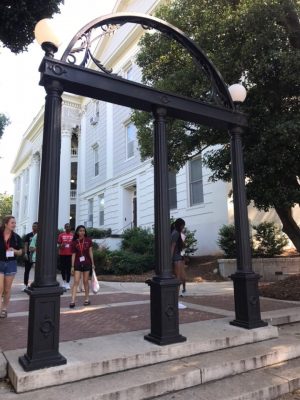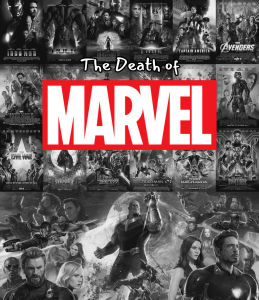College is overrated
December 10, 2018
When you ask a senior in high school what their plans are for the following year, their answer will most likely be college. In 1970, 53% of high school graduates enrolled in college. That number has increased by 20% since then and the cost has increased tremendously. Families scramble to find ways to cover the cost. Student loan debt haunts students decades after they graduate. These facts force us to ponder a question: “Is it even worth it?”
I say no; college is not for everyone. However, I am not entirely opposed to the idea of higher education. If a student performed well in high school and has a passion for a particular field of study, then the best route for them might be to attend college and pursue their field of interest. But many careers – such as a trade job, military career, etc. – don’t find a college degree necessary and can serve as a way to make a respectable living.
The university system began as something only for the elite few. Now it has developed where everyone feels they must attend. As national college attendance has risen, so has the price, placing a huge financial burden on families across America. This increase in attendance has led to a national crisis. The average student has a $40,000 in debt coming out of college; combined, Americans owe over $1.48 trillion. That $40,000 rises with interest and follows students into many years of their life. With this giant cost, whether or not a student decides to pursue higher education should be thought through.
The university and college system is still extraordinarily valuable and important; It has resulted in a tremendous amount of progress. Although students who are best fit for college should have access to higher education no matter what their parent’s income is, college should only be reserved for those who are serious about pursuing a career that requires a degree.
At only 18 years old, many don’t have any clue as to what they want to do for a living. Instead of rushing over to a university with an undecided major, one could take a gap year and explore their passion. If the student ends up deciding that college is the best route, then they can enroll in a university and obtain their degree. But if they decide to follow another path, then that student could avoid paying off thousands of dollars in student loans for decades of their life.
It’s important that high schoolers know that college is not the only option. There are a variety of paths that a student could take after they graduate, and higher education is only one of the many. Before attending a university, one should evaluate if it is the right choice for them.








